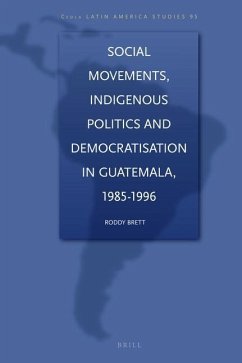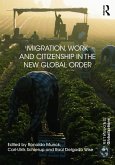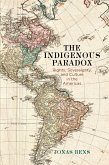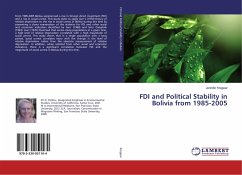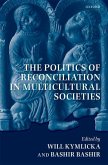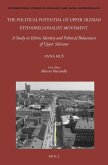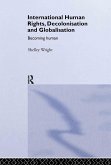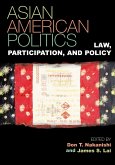This book analyses patterns of collective action that emerged during Guatemalaa (TM)s democratic transition between 1985 and 1996, focusing in particular on the role of indigenous actors in the political processes undergirding and shaping democratisation and the respective impact of the transition upon indigenous social movements. Comparatively little has been written about collective action in Guatemala within the discipline of political science, despite the mobilisation of a wide range of social movements in response to the brutal armed conflict; rather, literature has focused principally on the role of elite actors in democratisation. This study presents a fresh perspective, presenting an analysis of the political evolution of three social movements and their human rights platforms through the framework of social movement theory.
Bitte wählen Sie Ihr Anliegen aus.
Rechnungen
Retourenschein anfordern
Bestellstatus
Storno

